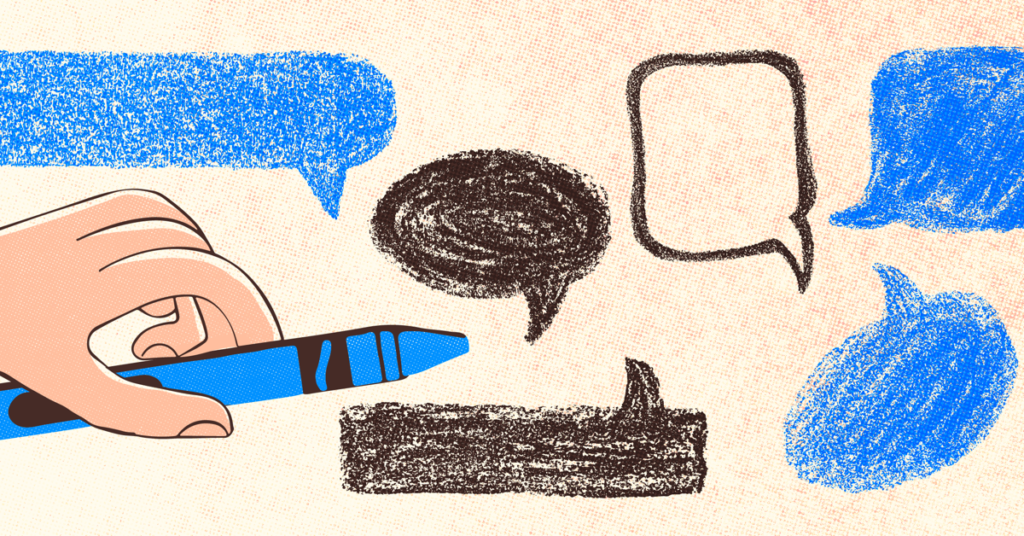Here we go! Another school year has arrived with endless possibilities and great potential. Whether you have little ones that are starting a new school year, or you are attending school yourself, adjusting to the new schedule can be challenging. Starting a new school year can be stressful, but it can be exciting as well.
Continue readingTag Archives: school
Lifelong Learning
By Stacie Prada
When the kids return to school, traffic patterns change and I may follow the school bus on my morning commute to work. There are fewer tourists in my town and fewer colleagues away on vacation. Stores and ad campaigns feature school supplies and products useful for students going back to school. “Back to School” season is a terrific annual reminder that learning doesn’t end after finishing school. I consider how much lifelong learning I’ve done and hope to attempt, the possibilities grow, and I’m motivated to plan more.
Continue readingWhat Is It Like Growing Up With MS?
Getting a multiple sclerosis (MS) diagnosis early in life can present unique challenges. Many teachers and principals are still learning how to best help students with MS. Also, young adults may not know how to act with a classmate who faces problems they do not understand. For young people with MS, this can cause a strain on their social life.
To find out more about these challenges, we asked our MultipleSclerosis.net Facebook community members: “Did or do you have MS as a kid, teen, or young adult? What was or is school and social life like?”
More than 150 people responded. Here is some of what they shared.
Continue readingAll I Really Need to Know I Learned In…..
So this week marked the time for many students across the country to head back into the classroom to begin a new school year. School supplies being emptied on store shelves, heavier morning traffic caused by school zones and bus stops, and the sun rising a little differently in the mornings all represent this significant time of year. It makes me think of the book by Robert Fulghum, All I Really Need to Know I Learned in Kindergarten.
The book highlights some very important and notable lessons we need throughout life that were actually taught to us in our earliest phase of education. It may not have seemed like it at the time, as we were having snack, playing with classmates and enjoying circle time, but values were being engrained in us that we would use for years to come. Remembering to share, to say you’re sorry if you hurt someone, and to be aware of the world around us were just some of the imperative teachings we learned amidst play time. It got me thinking though, what other times throughout life are we taught these and other significant lessons? The answer: every day.
It’s true. We learn important life lessons every day, for those younger and older, in school or not, there are constant teachings around us every day that continue to instill life’s lessons and morals in us. We hear about other people’s experiences and we look at them as examples, to model or not. We see good and bad and find our place in where we wish to be amidst the chaos. We strive to continue learning and to be vulnerable to new experiences and feelings. We try to remind ourselves of who we are and what we learned years ago and how it can still have meaning now.
People show interest in the world around them every day, even if it’s just by watching the news—again, to be aware of what’s out there and what’s bigger and different. So while many of life’s important lessons were learned as tots on those first days in the classroom, life itself continues to be the classroom; with continuous trainings and encouragement all around.
What lessons have you continued to learn about or have tried to teach others?
Lessons from “Back to School”
For many families, September means back to school. Maybe you sent your child off for a first day of school (elementary, middle or high school each are a special moment), or maybe you are headed off to a class yourself as a college student, graduate student, teacher or professor. If none of these apply to you, then you at least see the back to school supplies and sales popping up everywhere as people make this transition.
If you are not a student or teacher, then once you leave school it can be easy to forget what a time of optimism and hope abounds at the beginning of the new school year. The hope to make new friends, achieve new academic goals, make the team, etc. is probably on the mind of all of those youngsters. Adult students may be invigorated by the goal of obtaining a successful career or the relief of having only one more year to go to finish toward a hard earned degree.
If you are not swept up in the “new year, new you” madness, take a moment. Remember that it doesn’t take classes to help you set goals or achieve outcomes. You don’t have to be in school to make new friends or have a plan of action. Sometimes, a spark of hope and optimism can help you to dream that big dream before your “first day,” and the hard work throughout the year is what helps you achieve your outcome.



